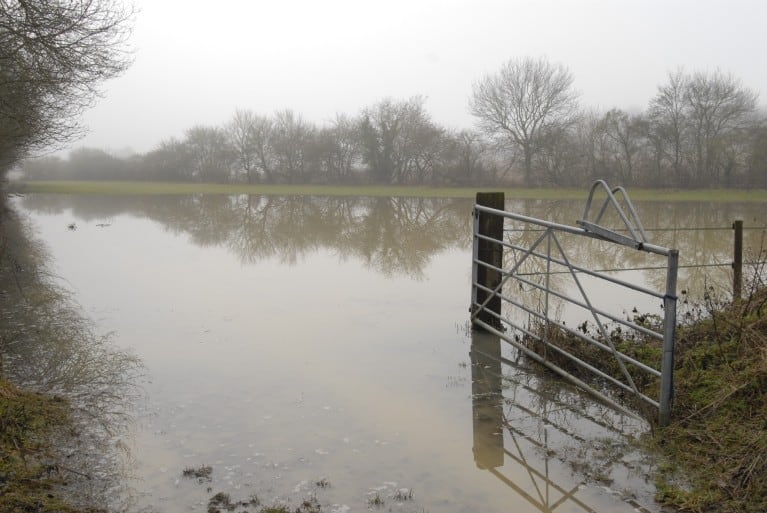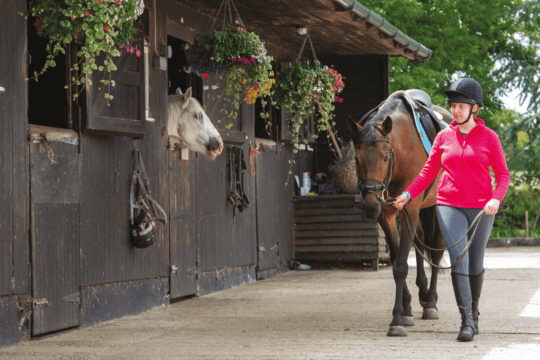Kerry Taylor from Blue Cross offers advice for dealing with sodden fields

Spring is finally here, and even if you’ve finally managed to get rid of the natural water features in your horse’s fields, it’s likely you’ve been left with some kind of quagmire. Careful attention in the coming months will be needed to help pasture recover and help you make the most of what’s left…
1 Most fields will benefit from some extra care this spring. Harrowing will help to aerate the soil to encourage the grass to grow and will also pick up any dead grass to clear the way for new shoots. After a good harrow, rolling will lightly compress any lumps and bumps. If you are unsure about what your fields need or you don’t have the right equipment, ask your local farmer for some advice.
2 If your gateway is very muddy, a cheap and easy solution is to lay some straw to make a firm, dry mat. You will need to top it up regularly as the mud soaks in. Alternatively, hardcore can be put down once the soil has dried up and levelled out in preparation for next winter.
3 If you have been affected by flooding, check the fields after the water has gone down to ensure there is no litter that could injure your horse lying around.
4 Rotate hay and feeding areas to reduce poaching, and to prevent horses standing for long periods of time in the same wet, muddy spot.
5 Regular removal of droppings is not only essential for worm prevention, but it will also enable horses to graze more efficiently. Using a wheelbarrow instead of machinery will reduce damage to wet fields.
6 Try to keep horse numbers in fields to a minimum all year round to limit field damage.
7 Resting sections of fields during the spring and summer can help prepare for the winter and increase the quality of grazing.
8 Ensuring boundary ditches are clear all year round will help prevent surface water affecting your fields.
9 This time of year is ideal to check all your fencing to make sure it’s safe and secure. During the summer, the ground may be too dry for digging in new fence posts!
Blue Cross had to bear the brunt of months of flooded, boggy fields with more than 115 horses waiting to be rehomed at its two centres in Oxfordshire and Derbyshire. For more information visit blucross.org.uk















